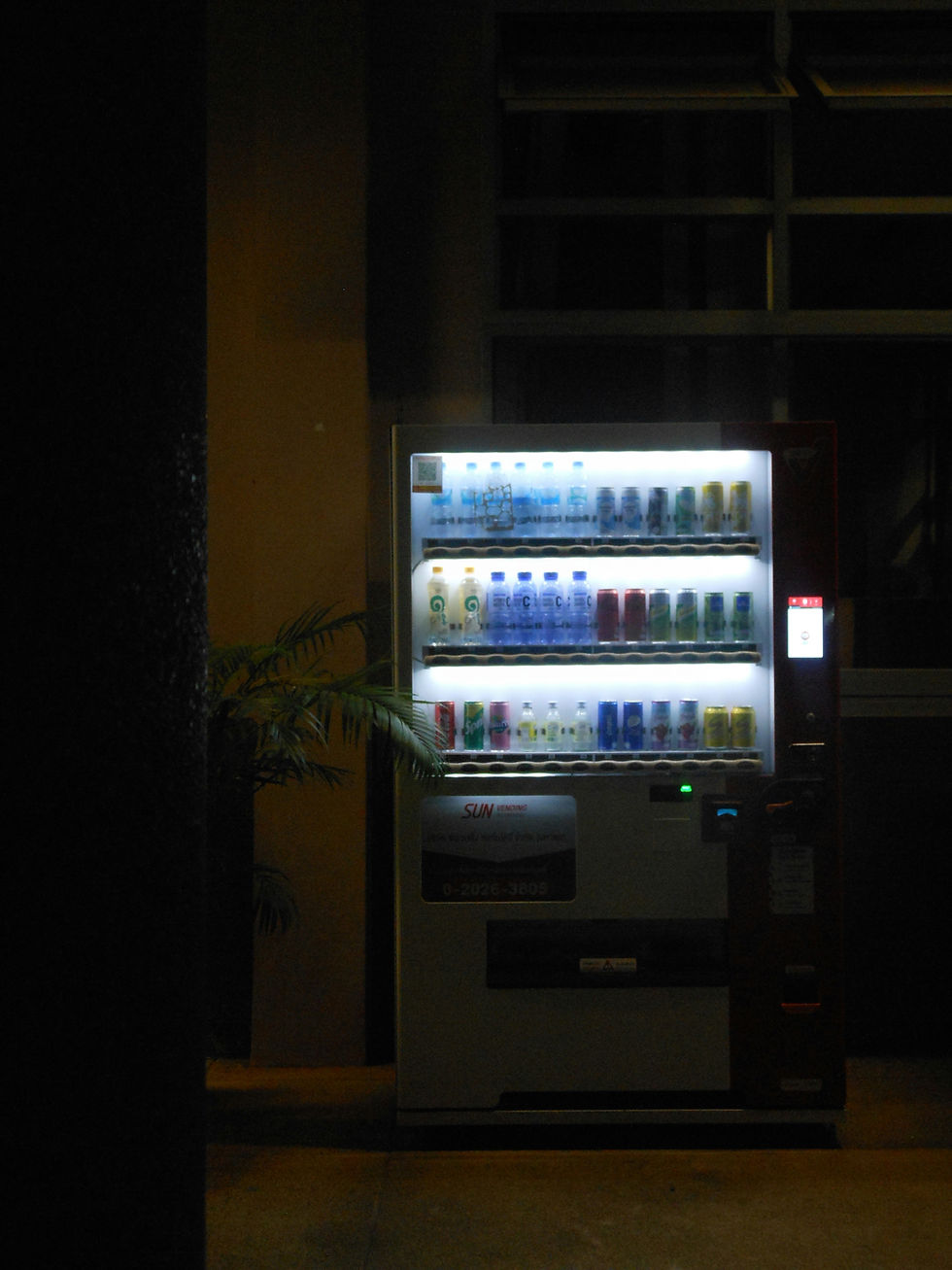Refreshment focuses on the water dispenser/cooler, office coffee service and vending sectors, while also taking an in-depth look into products for vending from bottled water and drinks, to snacks and confectionery. It also focuses on hydration, health and wellness, new technologies and environmental and social responsibility issues.
Research
Coffee & tea

While most coffee drinkers focus on the beans – their origin, roast and flavour – few realise how much the water behind the brew shapes the final taste. Mineral composition, pH and treatment all influence how flavours are extracted and perceived, making water a crucial yet often overlooked ingredient in every cup. Anastasia Chovan, certified water sommelier at Vivreau, explains why water quality deserves equal attention to the coffee bean itself.

Coffee is made through a process called extraction, where the water dissolves flavour compounds from coffee grounds to create the beverage’s distinctive taste and aroma. When water meets ground coffee, it acts as a solvent, breaking down and carrying away soluble compounds such as acids, sugars, oils and aromatics. Given water’s key role in the process, its quality and factors like pH, mineral content and temperature can drastically impact the resulting flavor.
The minerals in water, especially calcium and magnesium, are known to enhance the extraction of flavours and oils in the brewing process to create a richer, fuller flavour. Magnesium extracts fruity notes, while calcium brings out creamy flavours. If the water used to brew coffee has low mineral levels, it will come out weaker and less complex. However, too much of either can add bitterness and chalkiness to the beverage.
Acidity also plays a major role in the flavour of water, and it carries through into coffee. Ideally, coffee should be brewed with water that has a neutral pH. A high pH will add bitterness, and a low pH will add sourness. Impurities like chlorine and heavy metals, commonly found in tap water, can also create adverse flavours and distort the aroma.
Water to craft the best brew
Some coffee shops use carefully filtered water systems to get the perfect combination of minerals, while removing impurities like chlorine and heavy metals. Water's unique composition at every location means experimenting can optimise coffee flavour, but consistently balanced mineral content and pH deliver the best results.
At-home brewers can match the water standards at coffee shops with simple filtration systems or even a pitcher filter to reduce hardness and eliminate impurities. Some dedicated DIY baristas will also use mineral packets, added to purified or distilled water, to reach the optimal conditions for the extraction process. In general, filtered water should do the trick, and it’s best to avoid distilled water alone, as it lacks minerals essential for flavor extraction.
With the right water, any cup of coffee can taste like it was professionally brewed.

Investing in water quality
Coffee is just one example, but many beverages, like sodas and teas, are also largely composed of water and water quality can have a significant impact on the beverage.
For example, green tea can be more flavourful when made with tap water, but de-ionized or bottled water can increase levels of epigallocatechin gallate, a powerful antioxidant found in green tea. As consumers become more discerning about taste and health, beverage brands increasingly recognise that water quality is as central to product excellence as sourcing premium beans or hops.
Now, more than ever, people are paying closer attention to what they eat and drink. For the beverage industry, overlooking water means leaving flavour and health factors up to chance. Just as roasters carefully source beans and brewers select hops, water deserves equal consideration as a critical raw ingredient.
Several beverage brands, like Fever Tree and Hoplark, even include water quality messaging in their marketing. They focus on natural, ingredient-driven recipes supported by high-quality water, equating its importance with hops, botanicals, or fruit sources.
Other major beverage companies have started to employ sophisticated water treatment systems and real-time monitoring to ensure purity, optimal mineral content, and batch consistency, regardless of local water source variation. This also means investments in water quality technologies that monitor for quality and efficiency.
Filtration systems, regular testing, and thoughtful mineral balance can elevate an entire beverage experience. When cafés and brands make these investments, they’re protecting quality, ensuring consistency and ultimately showing customers that every detail matters.
Related posts
2026 outlook: How the vending and water sectors are shaping a smarter, more sustainable future
Representatives from the Automatic Vending Association (AVA), the European Vending & Coffee Service Association (EVA), the Water Dispenser & Hydration Association (WHA) and Zenith Global offer their insights into how technology, consumer behaviour and legislation will shape the future of automated retail and hydration.
.png)

%20(1).jpg)













